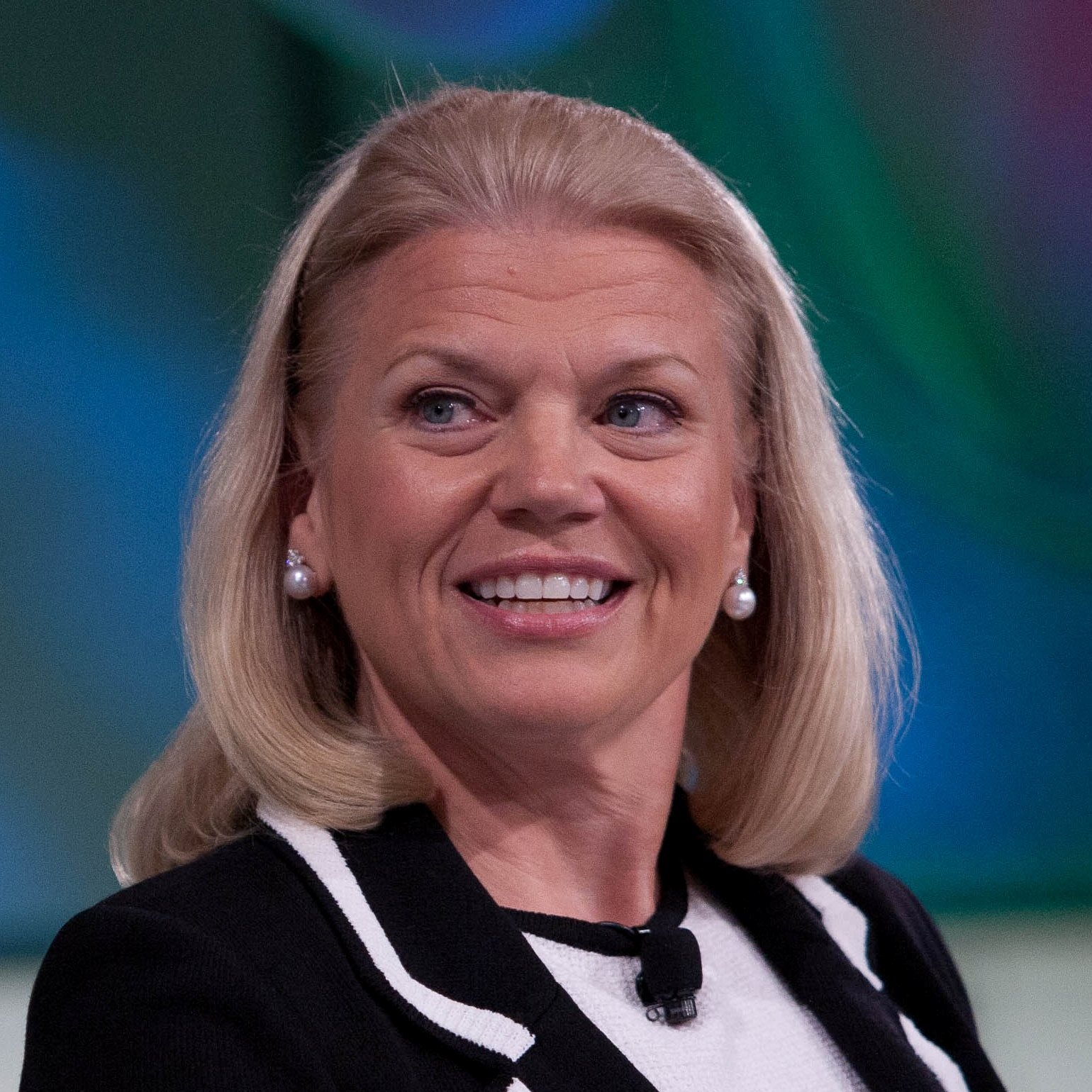
As part of an annual survey of chief executives who need to leave their companies, either under their own power or due to a board’s dismissal, International Business Machine Corp.’s (NYSE: IBM) Virginia Rometty was among 10 who were listed in our CEOs Who Have to Go in 2016” article published originally on February 25.
The case for her dismissal was bolstered by IBM’s recent quarterly results, which took its share price down nearly 5% in after-hours trading Monday.
The primary cause of the sell-off was another drop in revenue and profits, as well as concerns that its cloud computer business is growing far too little to offset the disintegration of its legacy businesses. Revenue for the quarter was down from $19.6 billion in the same period a year ago to $18.7 billion. Net income fell from $2.3 billion last year to $2.0 billion. Four of the five IBM units had fall-offs in revenue, when adjusted for currency.
The 24/7 case for Rometty’s presence on the CEOs Who Have to Go in 2016 list, as it was originally published:
IBM
CEO: Virginia Rometty
Year started: 2012
One year stock price change: −18.9%
Annual compensation: $19.3 million105-year old IBM is one of the greatest conglomerates in U.S. history. The company created some of the most important tech products of all time, including the mainframe computer and PC. The company has been battered by falling demand for large computers, a poor showing in the enterprise software and consulting business, and a weak move into the cloud computing market. IBM reported $103.6 billion in revenue in 2008. Revenue last year was $92.2 billion, and has continued to decline in 2015. Ginni Rometty has been CEO for four years. Rometty has repeatedly told shareholders the company will soon become dominant in cloud computing, mobile, and social media. Instead, it appears the company is having more trouble dealing with the changing tech landscape than Rometty is willing to admit.
And the methodology for the analysis:
24/7 Wall St. considered two groups: S&P 500 companies and post-2010 high-tech IPOs with valuation of at least $1 billion. In the first category, a CEO had to hold office for at least three years to be considered. In the second, the CEO had to be in his or her job for two years.
Finally, the editors used some judgement beyond raw data. CEOs who have repeatedly failed to successfully execute their own primary strategies made this list, even if shares in another S&P 500 or post-2010 IPO company dropped more.
Thank you for reading! Have some feedback for us?
Contact the 24/7 Wall St. editorial team.



